Today we’re celebrating International Women’s Day and this year’s theme is #EmbracingEquity.
The words equity and equality are often used interchangeably, but their meaning can sometimes get misunderstood. Those of us in finance may relate the word equity as a financial concept rather than associating it to anything to do with gender or IWD, but the word equity is an important one to understand when it comes to inclusion and diversity.
Equality means each individual or group of people is given the same resources or opportunities.
Equity recognises that each person has different circumstances, and allocates the exact resources and opportunities needed to reach an equal outcome.
IWD describe equity as giving everyone what they need to be successful. Equity goes further than equality and acknowledges that people don’t begin life in the same place, and that circumstances can make it more difficult for people to achieve the same goals. Ultimately, it’s being mindful that as humans, we all start out from different places, so if we truly strive for inclusion and belonging, it requires equitable action.
In the world of finance, we’re still tarnished with the old-fashioned stereotypes of white men in suits with briefcases – there’s been lots of positive change, globally and cross-sector, but unfortunately this isn’t completely untrue in lots of firms even still today. But how do the numbers sack up for gender equality in financial services?
Gender breakdown
In the UK, the full-time workforce in financial and insurance services is approximately 60% male and 40% female, although a much larger number of females than males are employed on a part time basis.
Gender pay-gap
In 2021 the mean gross earning of a woman in the financial and insurance industry was just over 60% of that of a male employee. 60%!! (stats taken from Statista)
Female Invest reported, not a single country has achieved financial equality between men and women and research shows that the financial gender gap is substantial. And at the current rate, it will take 267 years to establish equality between men and women financially.
Gender pension gap
Scottish Widows recently reported that women in the UK retire with £100k less on average in their pension than men, and they would have to work until they were 81 years old to reach the same level of pension savings as men. In the UK, women have a longer life expectancy than men, technically meaning that they have more years to finance, yet they have less money than men.
They’re staggering statistics we’re sure you’ll agree and on IWD, it made us reflect on our own team. So, how do we, The Verve Group, compare with some of these stats? Well obviously, we do break the norm when it comes to women in finance. Our current team is 70% female (almost unheard of in a financial firm!) with an SLT that is 80% female. We do, however, align with the stats around part time employees, in that 100% of our part time employees are female (at the moment, that’s set to change in the coming months!). These figures got me thinking about what we do as a company to both attract females to work for us, as well as the benefits and perks we provide to offer an equitable solution to our female employees.
Here’s a few thoughts that might explain our female-strong team:
Flexible working around family life
With an SLT made up of 80% women, (all who are mothers themselves) we understand the importance of supporting new families and having a good work life balance to do all the things that make you happy outside of work. And it is flexibility that is particularly needed for women to get back to work after having children, especially as many women still remain the primary caregivers and home-makers outside of working hours. We have a ‘New Families Approach’ that supports employees as they navigate the new world of parenthood, with competitive maternity/paternity packages, flexible working approach and time off to attend key life-events – because no one should miss taking their child to their first day of school, right?!
Technology and remote working
Thanks to technology and our flexible working approach (and the move to a remote working set-up during Covid 19), women have more career choices and there are many exciting career paths available through remote work. This was something we offered at Verve pre-Covid, but since then we have had lots more remote workers join our team, offering flexibility and jobs to females outside of our area, that might not have been available previously. (win, win!)
Female leadership team
As I’ve mentioned, we are female-strong team, especially in our SLT and there is something to be said about women wanting to work for women and the positive representation at executive level that we have at Verve – especially when they might have had negative experiences under male leadership in financial services previously. (A few of our team have shared such experiences!)
Values based recruitment
We use a values-based recruitment model to recruit new members to our team as we understand the importance of finding people whose personal values and behaviours align with ours. There are many benefits to this approach such as increased performance, reduced staff turnover and increased collaboration, as well as finding someone who matches the ‘Verve’ way of working. This opens the recruitment process up beyond purely experience and skill-sets and helps us get to know the people behind the CV’s, which ultimately is more enlightening and creates a more equal playing field for all applicants.
We’re doing some great things at Verve to help encourage women into finance and support them to be successful and thrive in their roles, but there is always more that can be done – and we’re great believers in continuous evaluation and reflection to ensure we’re meeting the needs of our team.
Forging gender equity isn’t limited to women solely fighting the good fight. Allies are incredibly important for the social, economic, cultural, and political advancement of women. For those of you who struggle to truly understand the scale of which women are disadvantaged in all areas of their lives through gender inequality – then check out this short role reversal video created for IWD. It aims to challenge gender stereotypes through a comedic approach but highlights some incredible stats that demonstrate there’s still a long way to go in achieving gender equality and equity.
I just wanted to end with the IWD strapline this year, which I think is incredibly powerful and a world I would very much like to live in.
“Imagine a gender equal world. A world free of bias, stereotypes, and discrimination. A world that’s diverse, equitable, and inclusive. A world where difference is valued and celebrated.”
We’d love to hear how your companies are supporting women to tackle inequality – get in touch!
Naomi Graham
Communications Lead


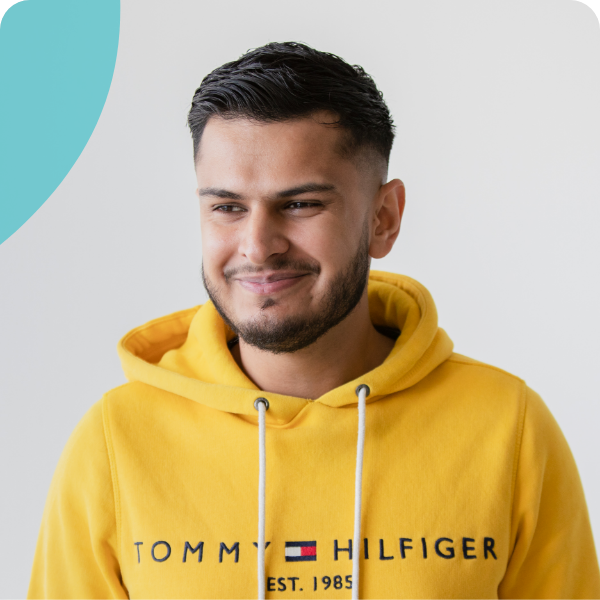


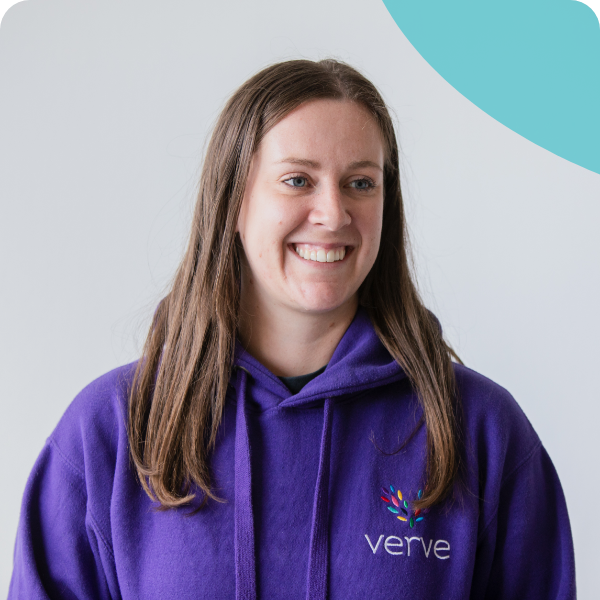
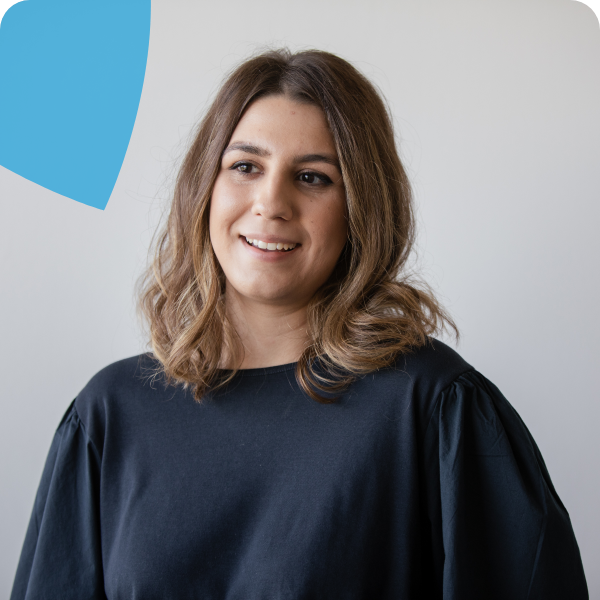
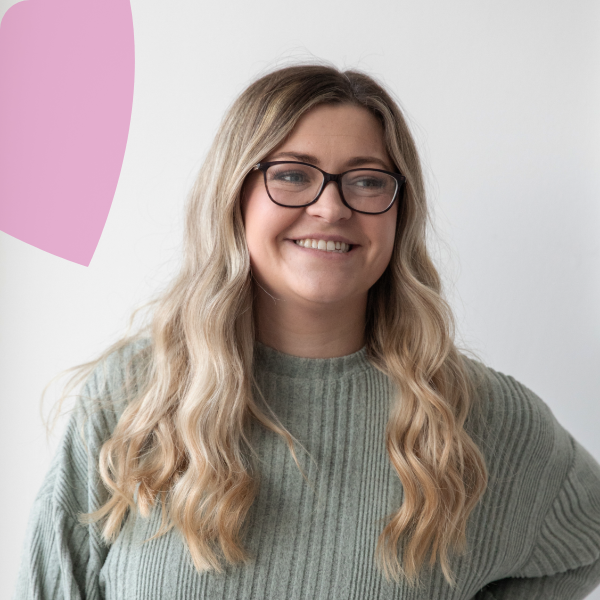
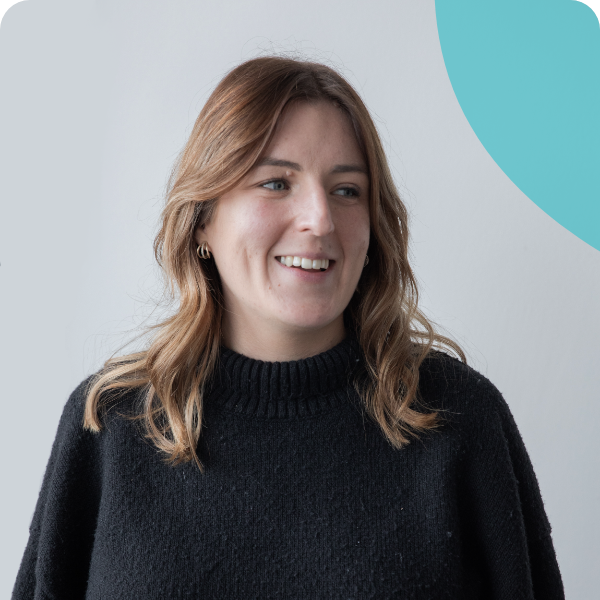
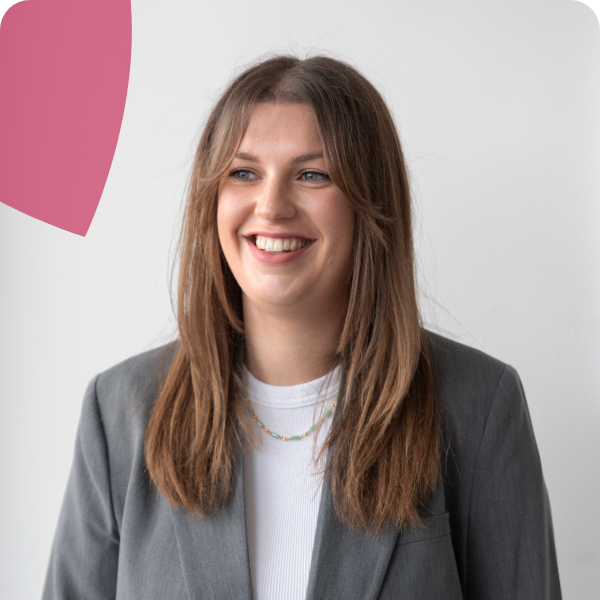

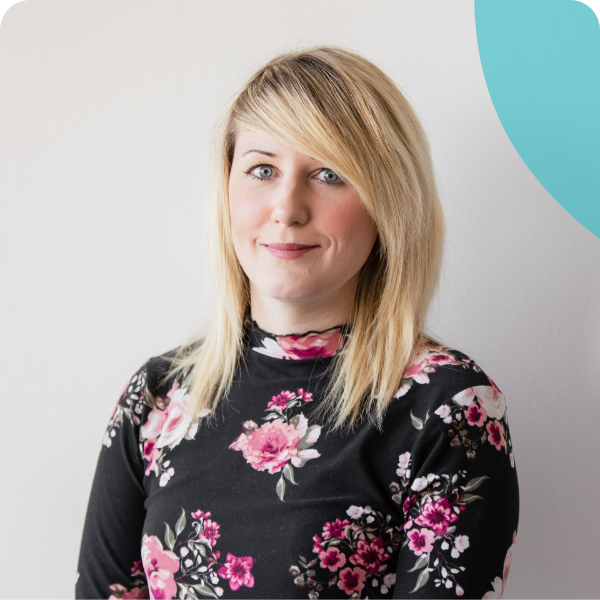


Group News Latest News Popular
Introducing our latest whitepaper…
We all saw the FCA’s thematic review into Retirement Income Advice back in January 2023 – it’s more important than ever for firms [...]
Eclipse Archives Industry Insight Popular
What’s your mastermind subject?
I’m here to talk branding. Anyone who knows me knows it’s my Mastermind subject. And, if you don’t know me, I’m Natalie Bell, [...]
Eclipse Archives Industry Insight Latest News Popular
URGENT: LTA Abolition
HMRC kindly issued a newsletter on 4th April advising clients to delay taking their pension benefits or transferring until it can fix incorrect [...]
Group News
Say hello to our trainers!
As part of our ongoing commitment to excellence, we’ve recently welcomed an awesome duo to our training dream team. We introduced a new [...]
Latest News Popular Press
Spring Budget 24
The spring budget comes and goes with no major changes to the world of financial planning. There are however some announcements and changes [...]
Eclipse Archives Group News Latest
Common ‘Training’?
I can’t get Pulp’s ‘Do You Remember the First Time’ out of my head. I’m pretty sure that Jarvis had other things on [...]
Eclipse Archives Industry Insight Latest
Stellar Compliance
You may have spotted that this week we hosted our monthly TALK event, and this month we were joined by Gillian Hepburn, Benchmark, [...]
Group News Latest
And who do we have here?
We have yet more exciting internal news to share, following a shake-up in a section of our client relations department – with two [...]